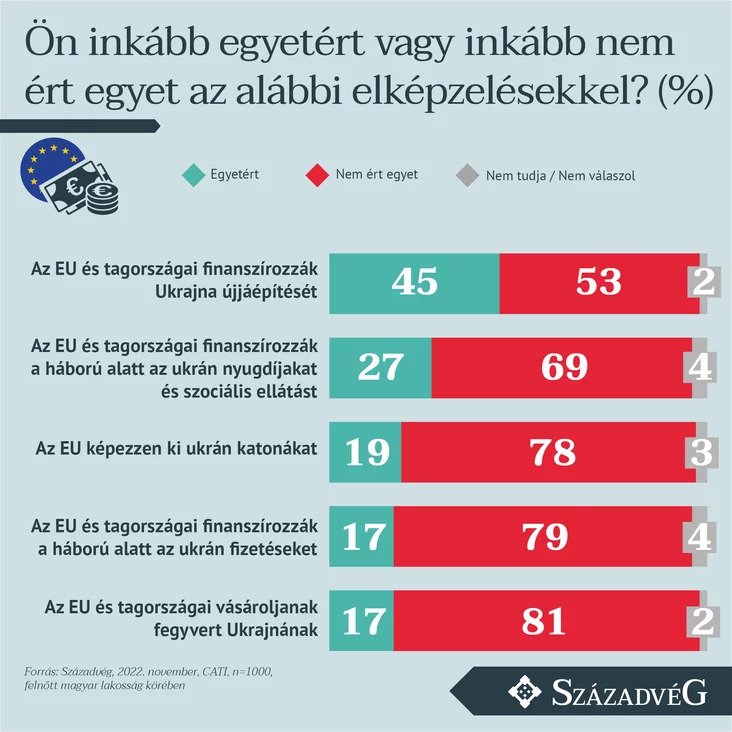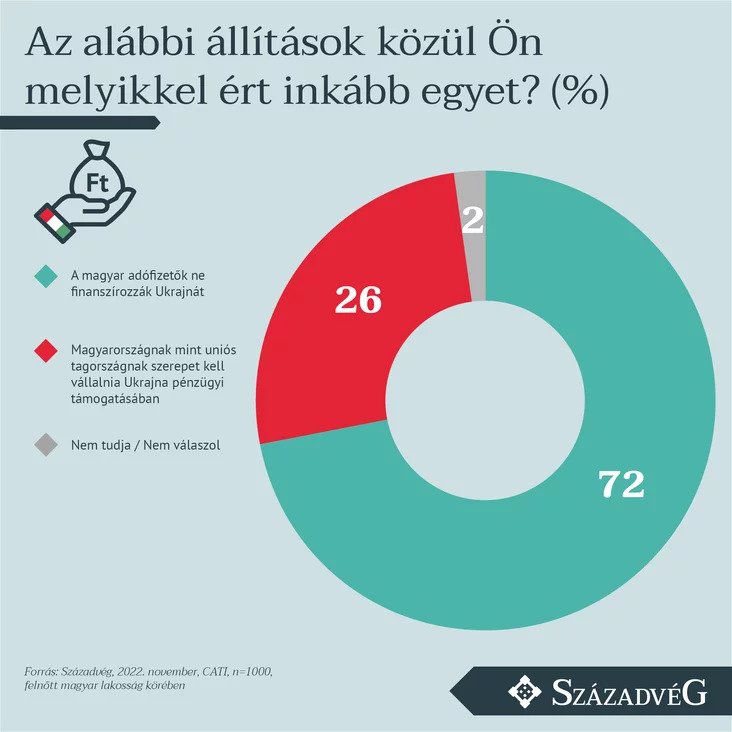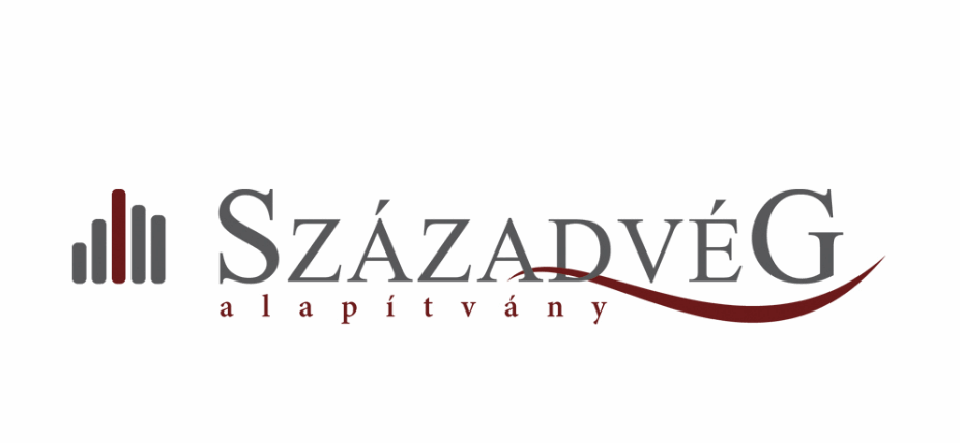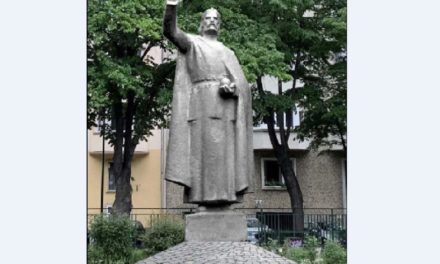Ursula von der Leyen, President of the European Commission, and German Chancellor Olaf Scholz, in their joint article published in the Frankfurter Allgemeine Zeitung - modeled on the Marshall Plan, the comprehensive aid program provided by the United States to Western Europe after the Second World War - a 21st century Marshall Plan advocated, within the framework of which the European Union would launch a large-scale support program to finance the reconstruction of Ukraine.
Von der Leyen and Scholz emphasized that it is a multi-generational task that must be started now. Századvég mapped out what the Hungarian population thinks about the various forms of financial and military aid to Ukraine, with particular regard to the idea of rebuilding the country with European – and within it Hungarian – taxpayer money.
The idea of European-funded reconstruction of Ukraine cannot be considered new, the proposal has been part of Brussels' political agenda for months. In March 2022, the European Council decided to create a solidarity trust fund to help Ukraine, and called for the necessary preparations to begin immediately. After that, an international conference took place in May in order to support Ukraine, the purpose of which was, among other things, to raise the funds necessary for the reconstruction of the country. After that, the European Council declared at its extraordinary meeting on May 30-31 that the creation of a platform aimed at the reconstruction of Ukraine should be considered, in which the Ukrainian government, the European Union and its member states, and the European Investment Bank would participate, among others. At the same time, the board asked the European Commission to submit proposals in connection with the EU support for the restoration.
It can therefore be seen that Brussels has a clear political intention to rebuild Ukraine with European funds.
In the light of the research data, it can be stated that the expectations of the public do not meet the ideas of the leaders in Brussels regarding the creation of the financial resources necessary for the reconstruction of Ukraine. According to the survey, the majority of Hungarians (53 percent) oppose the European Union and its member states financing the restoration of Ukraine. Similarly, more than two-thirds of the respondents (69 percent) do not agree that the European Union and its member states finance Ukrainian pensions and social care during the war, and more than three-quarters (79 percent) do not support that during the armed conflict cover Ukrainian salaries with European funds.

In addition, it is important to emphasize that the military assistance provided to Ukraine continues to be rejected by the Hungarian population. 78 percent of the respondents oppose the European Union training of the Ukrainian armed forces (compared to 77 percent measured in August), and 81 percent of them do not support the European Union and its members buying weapons for Ukraine.
In addition to the European Union, the poll also covered the assessment of Hungary's role in the financial support of Ukraine. It can be concluded that nearly three-quarters (72 percent) of the respondents reject that Hungarian taxpayers finance Ukraine.

Source: End of the century













